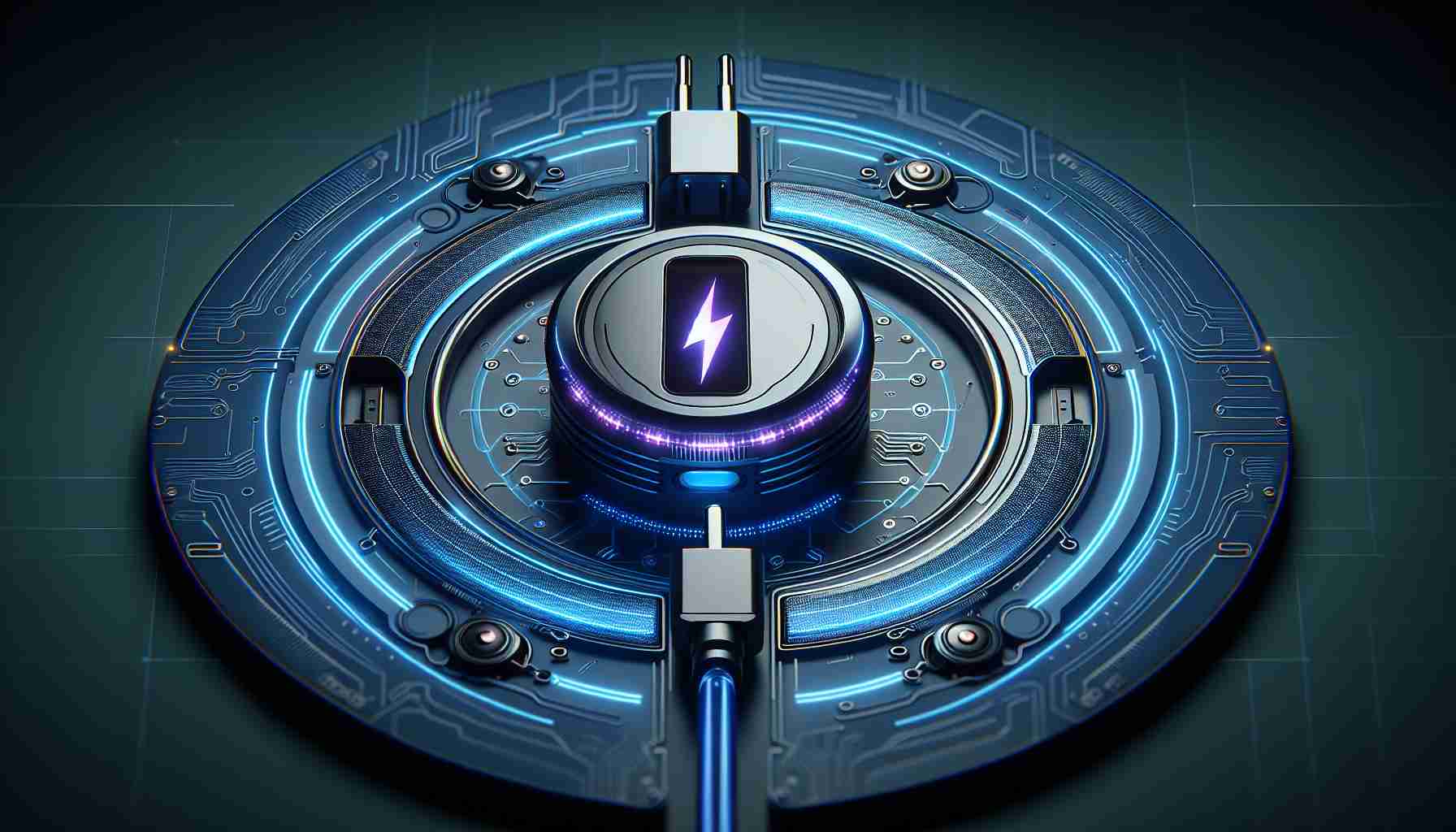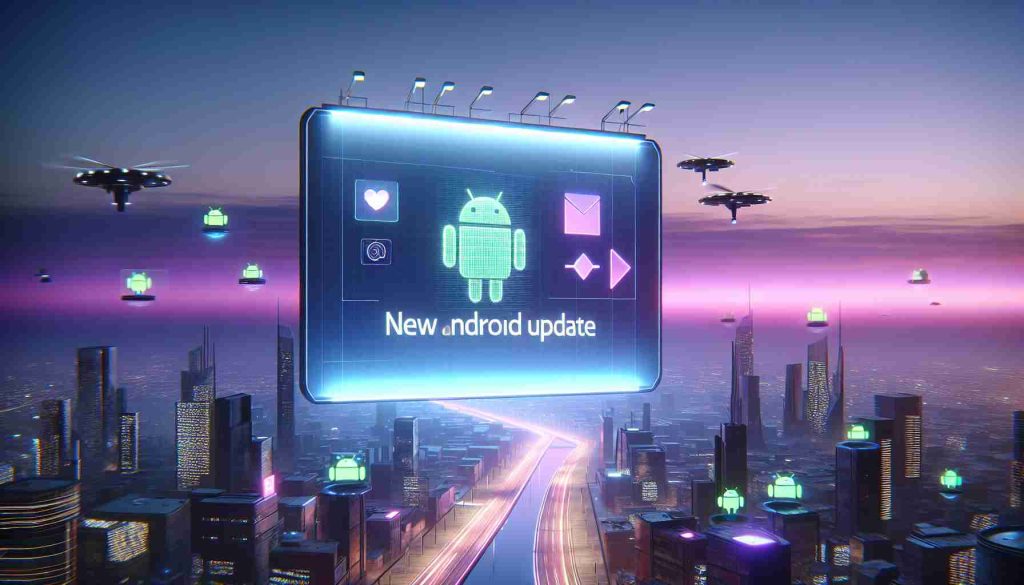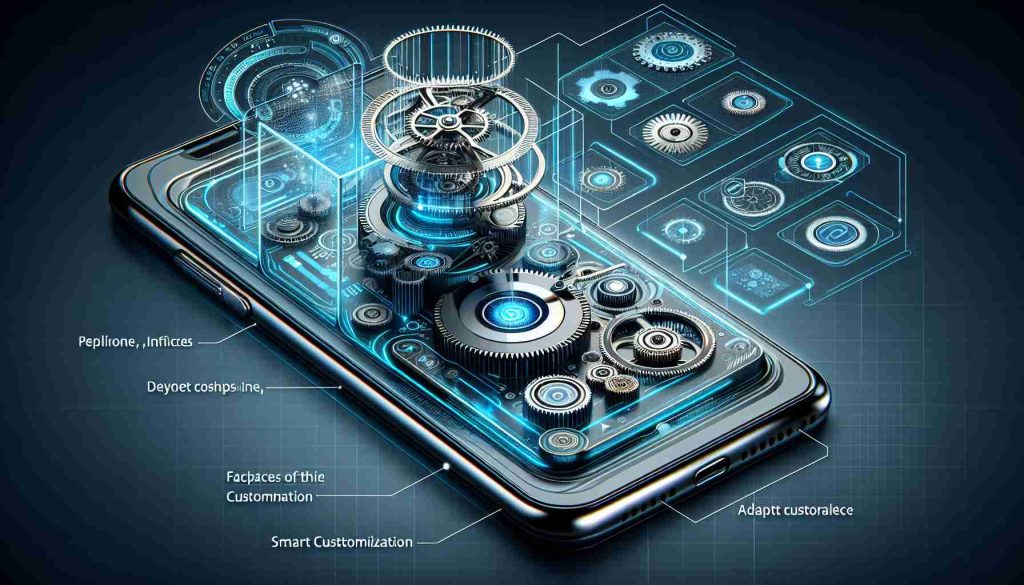Unveiling a Breakthrough in Charging Speed
The critical factors of battery life and charging speed continue to be essential considerations when purchasing a smartphone. Manufacturers have long sought to strike a balance between processor power and fast charging safety while maintaining optimal battery life.
Realme’s Groundbreaking Innovation
Realme has introduced a revolutionary charging technology after extensive research—a 320 W SuperSonic Charge that showcases exceptional performance.
SuperSonic Charge: Unmatched Speed
Realme’s latest SuperSonic Charge of 320 W surpasses previous advancements, such as the 240 W realme GT3, enabling a complete smartphone charge in just 4 minutes and 30 seconds. Users can reach a 26% charge in 60 seconds and surpass 50% in under two minutes, making it possible to quickly power up before taking on the day.
Realme’s Innovative Battery Technology
Realme’s technological leap is supported by innovative features, including a groundbreaking foldable battery with a 4420 mAh capacity. This battery consists of four cells with less than 3-millimeter thickness that can be charged simultaneously, significantly reducing charging times and enhancing capacity by 10% compared to traditional batteries. Emphasis on safety is evident with the AirgGap voltage transformer isolating high voltage from the battery, ensuring a risk-free charging process.
New Advancements in Realme’s Revolutionary Charging Technology
Realme’s unveiling of the 320 W SuperSonic Charge has sparked excitement among smartphone enthusiasts and tech aficionados alike. While the previous article shed light on the unmatched speed and innovative battery technology behind Realme’s latest offering, there are additional key details and questions to consider in this rapidly evolving landscape of charging technology.
Key Questions and Answers:
1. How does Realme’s SuperSonic Charge compare to other fast charging technologies?
Realme’s 320 W SuperSonic Charge sets a new benchmark in the industry with its exceptional speed, outpacing previous advancements like the 240 W realme GT3. The ability to charge a smartphone fully in just 4 minutes and 30 seconds raises the bar for fast charging capabilities.
2. What are the key challenges associated with ultra-fast charging technologies?
While ultra-fast charging offers unparalleled convenience, there are concerns regarding the long-term impact on battery health. Rapid charging can potentially degrade the battery capacity over time, leading to reduced lifespan and performance.
Advantages and Disadvantages:
Advantages:
– Enhanced Convenience: Realme’s SuperSonic Charge allows users to power up their devices quickly, providing added convenience for busy lifestyles.
– Improved Efficiency: The innovative battery technology and charging speed optimization contribute to enhanced energy efficiency, reducing overall charging times.
– Optimal Safety Features: Realme’s emphasis on safety, such as the AirgGap voltage transformer, ensures a secure and risk-free charging experience for users.
Disadvantages:
– Battery Degradation Concerns: The rapid charging speeds may raise questions about the long-term impact on battery health and lifespan.
– Compatibility Issues: Ultra-fast charging technologies like the 320 W SuperSonic Charge may require specific hardware and infrastructure, limiting widespread adoption initially.
For further insights and updates on Realme’s breakthrough in charging technology, visit their official website at Realme.
Stay tuned as the tech industry continues to push the boundaries of charging innovation, offering consumers a glimpse into the future of smartphone charging experiences.























